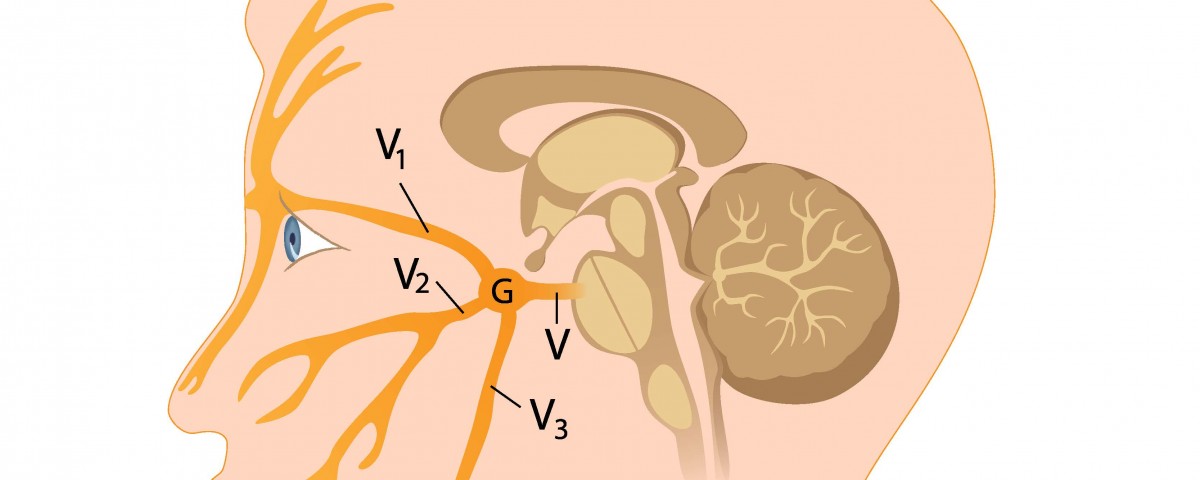
Prostate Cancer Treatment and Expert Advice from Phoenix CyberKnife
April 16, 2025
Why Phoenix CyberKnife is a Leader in Cancer Treatment Technology
May 8, 2025Trigeminal Neuralgia Causes, Symptoms, and Treatment
Trigeminal neuralgia is a condition that can turn everyday moments—like brushing your teeth or feeling a breeze—into jolts of excruciating pain. At Phoenix CyberKnife, we understand how disruptive this disorder can be, and we’re here to shed light on its causes, symptoms, and the treatments that can bring relief.
What Sparks Trigeminal Neuralgia?
Trigeminal neuralgia often stems from irritation or damage to the trigeminal nerve, a key player in facial sensation. Most commonly, a blood vessel pressing against the nerve near the brainstem rubs away its protective sheath, leaving it hypersensitive and prone to misfiring. At Phoenix CyberKnife, we see this as the most common cause, though other triggers like injury, tumors, or multiple sclerosis can also set it off.
This nerve irritation doesn’t discriminate—it can strike anyone, though it’s more frequent in folks over 50 and slightly more common in women. Our talented team’s expertise helps us pinpoint these root causes, guiding patients toward solutions that address the source of their pain.
Recognizing the Signs of Trigeminal Neuralgia
The hallmark of trigeminal neuralgia is sudden, electric-shock-like pain that hits one side of the face, often around the cheek, jaw, or eye. It’s not a dull ache—this is sharp, intense, and can last from seconds to a couple of minutes. Most patients describe it as feeling like a lightning bolt, triggered by simple actions like eating or talking.
Between episodes, there might be calm, but for some, a nagging ache lingers. We know these symptoms can mimic dental issues or sinus trouble, so getting a proper diagnosis is key to ruling out other culprits and zeroing in on trigeminal neuralgia.
How Does It Affect Daily Life?
Living with trigeminal neuralgia means navigating a series of triggers—wind, cold, and even a light touch can set off an attack. We hear how this unpredictability wears people down, making social outings or routine tasks feel daunting. It’s not just physical; the constant threat of pain can take a mental toll, too.
For many, it’s a battle of endurance, with flare-ups coming in waves. Our team steps in to offer hope, helping patients reclaim control over their days with treatments designed to quiet the nerve’s overactivity.
Treatment Options for Trigeminal Neuralgia
When it comes to easing trigeminal neuralgia, the first stop is often medication—anticonvulsants like carbamazepine can dampen nerve signals. But for some, pills aren’t enough, or side effects become a drag. That’s where Phoenix CyberKnife shines, offering a non-invasive alternative: CyberKnife radiosurgery. It targets the nerve with precise radiation to reduce its sensitivity.
Unlike surgery, which might involve cutting or moving vessels, this approach skips the scalpel. Phoenix CyberKnife delivers results with minimal downtime, making it a go-to for those seeking relief without a long recovery.
Looking Ahead with Hope
Trigeminal neuralgia might feel like a life sentence, but it doesn’t have to be. Advances in care, like those here at Phoenix CyberKnife, are rewriting the story for many. From meds to radiosurgery, the toolkit is growing, and survival isn’t the goal—thriving is. The American Association of Neurological Surgeons highlights how these innovations are lifting burdens.
At Phoenix CyberKnife, we’re in it for the long haul, helping patients move past pain to reclaim their routines. Wondering if this could be your turning point? That spark of possibility is worth chasing.
Reach Out to Phoenix CyberKnife Today
If trigeminal neuralgia is casting a shadow over your life, don’t go it alone. Phoenix CyberKnife’s team is ready to walk you through causes, symptoms, and the treatments that could change everything. Visit our trigeminal neuralgia page for a closer look, then take the next step. Contact Phoenix CyberKnife today—relief might be nearer than you think.



